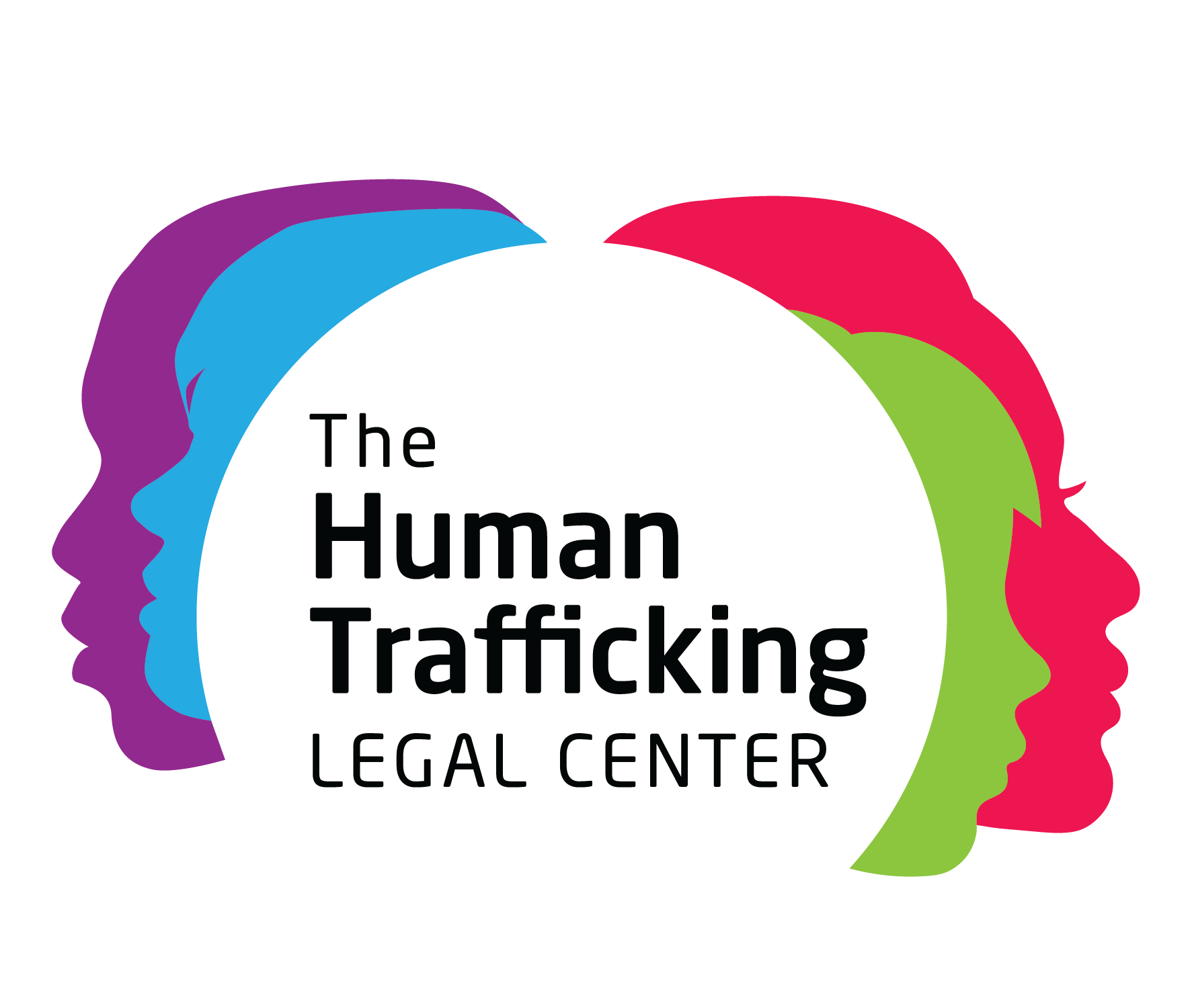
On My Side 2023 Honoree
Click play on the video to hear Laura’s thoughtful reflections on her work and the importance of collaboration in anti-trafficking efforts.
The Champion of the Year Award recognizes a single advocate who goes above and beyond on behalf of survivors of human trafficking. We are delighted to present this award to Dr. Laura Murphy, whose work to bring forced labor to the forefront of the global trade agenda is unmatched. Her hard-hitting supply chain research – including her six ground-breaking reports on forced labor in the Uyghur region – has already had a tremendous impact. Her research has led to an increase in U.S. enforcement of import bans on products made using forced labor. In part due to her research and findings, the U.S. government has blocked more than 4,269 shipments valued at $1.35 billion from entering the U.S. market due to allegations of forced labor. Her work has been essential to the implementation of the Uyghur Forced Labor Prevention Act.
Learn more about Laura
Laura T. Murphy is Professor of Human Rights and Contemporary Slavery at the Helena Kennedy Centre for International Justice at Sheffield Hallam University (UK). She has been the recipient of the National Endowment for the Humanities Public Scholar Award, a British Academy Visiting Fellow, and the John G. Medlin Fellow at the National Humanities Center.
She is the author of Freedomville: The Story of a 21st Century Slave Revolt (Columbia Global Reports, 2021), The New Slave Narrative: The Battle over Representations of Contemporary Slavery (Columbia University Press, 2019), editor of Survivors of Slavery: Modern-Day Slave Narratives (Columbia University Press, 2014), and author of Metaphor and the Slave Trade in West African Literature (Ohio University Press, 2012). She is also editor of the Cambridge Companion to Slavery and Global Literature (Cambridge UP, 2022).
Her research team has published a series of reports and evidence briefs about the Chinese government’s intertwined systems of internment and forced labour that has been inflicted on the people of the Uyghur Region. The work investigates the international supply chains that have ties to those repressive systems, including those attached to the solar, apparel, chemicals/plastics, automotive, and critical minerals sectors. She has provided expert testimony and evidence on the crisis in the Uyghur Region to the U.S., U.K., E.U., and Australian governments, as well as provided private briefings to government agencies, advocacy groups, law firms, and others interested in the issue globally.
She has previously conducted research on forced labour in India, Nigeria, Ghana, the United States, and Canada.
She has recently been part of a team that created Core Competencies for medical professionals addressing human trafficking in healthcare settings with the U.S. Department of Health and Human Services. Her previous research on the intersection of homeless youth and human trafficking in the US and Canada provided a four-pronged victim-centered community blueprint for how service providers can best assist youth at risk of trafficking, based on interviews with over 600 homeless youth in the U.S. and Canada. She has consulted for the World Health Organization, the U.S. Department of Health and Human Services, the U.S. Office of Victims of Crime, and the National Human Trafficking Training and Technical Assistance Center, as well as other government agencies, workers unions, investor groups, law firms, and advocacy groups.
